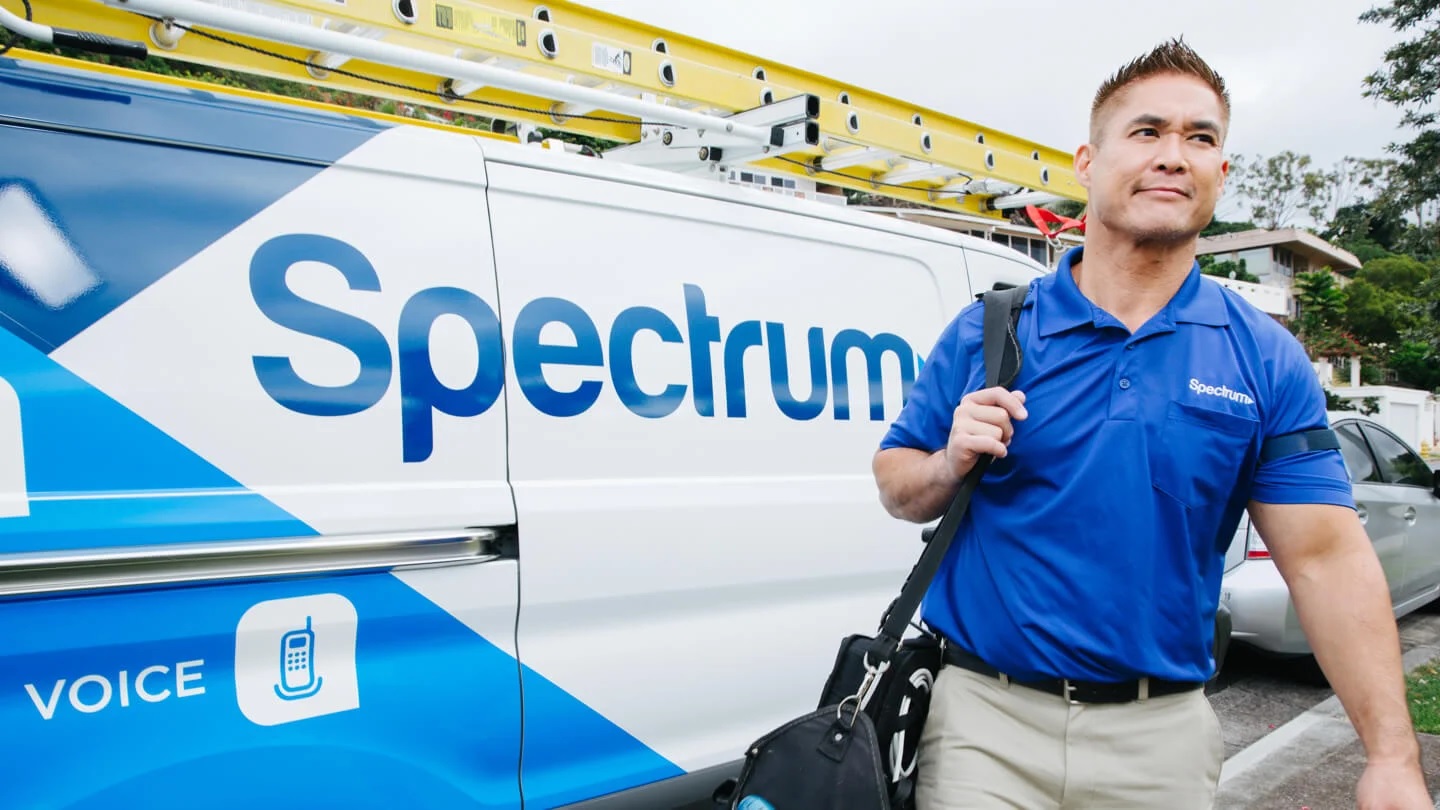Navigating Legal Challenges in Influencer Marketing for Health and Wellness Brands

In the world of health and wellness, influencer marketing has become an increasingly popular way to promote products and services. But with this rise in popularity comes a new set of legal challenges that businesses must navigate. From disclosure requirements to endorsements, it can be difficult to ensure that your brand is complying with all applicable laws and regulations. In this blog post, we’ll explore some of the most common legal challenges faced by health and wellness brands when working with influencers, as well as tips for staying on the right side of the law while still achieving your marketing goals. So grab a green juice and let’s get started!
What is influencer marketing?
When it comes to influencer marketing, health and wellness brands face a unique set of challenges. Because the FDA regulates the advertising of medical products and services, there are strict guidelines that must be followed in order to avoid legal trouble.
Fortunately, there are a few steps you can take to navigate these challenges and make sure your influencer marketing campaigns are compliant. First, make sure you understand the FDA’s requirements for advertising medical products and services. Next, work with an experienced influencer marketing agency who can help you identify compliant influencers and create content that meets the FDA’s standards. Finally, be sure to monitor your campaign closely to ensure compliance throughout. Or check out compensation guide for creators.
By following these steps, you can successfully navigate the legal challenges associated with influencer marketing for health and wellness brands.
What are the legal challenges associated with influencer marketing for health and wellness brands?
There are a number of legal challenges associated with influencer marketing for health and wellness brands. Perhaps the most significant challenge is that of regulatory compliance. Health and wellness brands are subject to a number of regulations, including those governing advertising, marketing, and labeling. When working with influencers, it is important to ensure that all content complies with these regulations.
Another challenge is that of managing relationships with influencers. Influencer marketing can be a very effective way to reach target audiences, but it is important to manage these relationships carefully. Brands need to ensure that they are working with trustworthy and reliable influencers, and that all agreements are in writing. Additionally, brands need to be aware of the potential for influencer fraud, and take steps to protect themselves from this risk.
Finally, there is the challenge of measuring the success of influencer marketing campaigns. This can be difficult to do, as there are many variables at play. However, by setting clear goals and objectives from the outset, and tracking key metrics closely, brands can gain valuable insights into the effectiveness of their campaigns.
How can health and wellness brands navigate these legal challenges?
As the influencer marketing industry continues to grow, health and wellness brands need to be aware of the legal challenges that come with working with influencers. Here are some tips on how to navigate these challenges:
- Make sure you have a clear contract in place with your influencer that outlines what is expected from each party. This contract should include a clause that allows you to terminate the agreement if the influencer does not adhere to your brand’s standards.
- Be aware of the FTC’s guidelines on endorsements and testimonials. Make sure your influencers are disclosing any material connections they have to your brand, and that they are not making false or unsubstantiated claims about your products or services.
- If you are working with an influencer who is also a medical professional, make sure they are complying with all applicable laws and regulations, including those related to prescribing drugs or devices.
4.Monitor your influencers’ social media channels regularly to ensure they are adhering to your brand’s standards and not engaging in any inappropriate behavior. If you see something that concerns you, address it immediately with the influencer.
- Have a process in place for handling complaints from customers who interacted with an influencer on behalf of your brand. investigate the complaint and take appropriate action if necessary, such as terminating the relationship with the influencer or issuing a refund to the customer.











